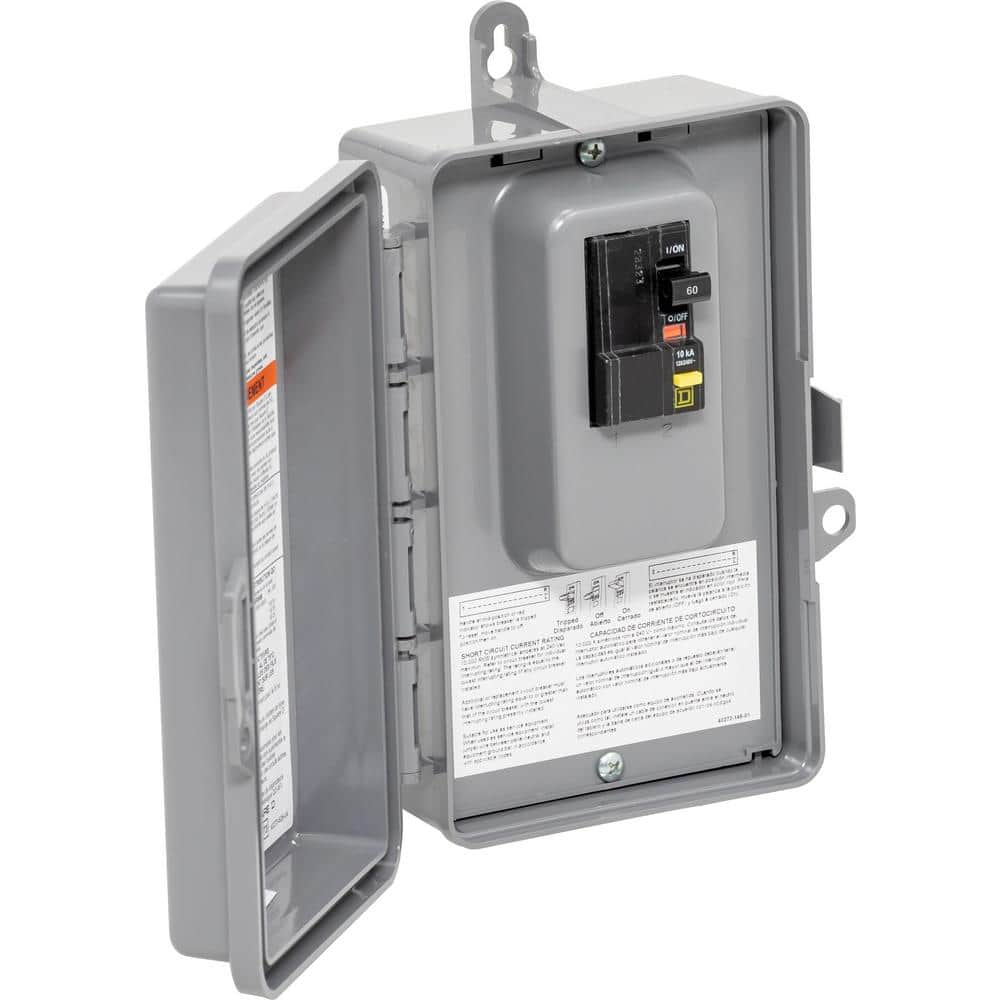TheGingerElectrician
Master Electrician Electrical Contractor, TN
- Location
- Tennessee
- Occupation
- Electrical Contractor
I am having trouble getting a hold of 2 pole gfci breakers for our pool equipment. Most of our pool panels are fed with no more than 60 amps. I am trying to figure out if we can just gfci protect the feeders that feed the pool panel and put standard breakers for the pool equipment inside the pool panel. All the pools we do now have low voltage lighting so the 120v load issue is avoided. All the motors are 240v. Some of the pool panels are automation panels that require 120v for the panel controls but to my knowledge that doesn't need gfci protection. Anybody have any advice on this? I've read all of 680 and didn't find anything conclusive.


